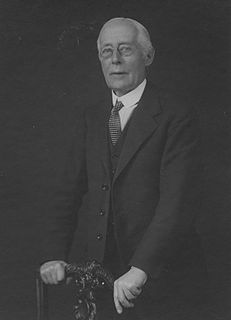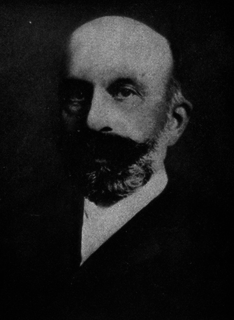A Quote by Edward Jenks
Perhaps the best testimony to the effectiveness of the reforms of 1852 is the fact, that men of a slightly later generation, familiar with the working of the courts half a century after, find it difficult to believe that such abuses as are plainly described by the legislation of that year, should really have existed in the middle of the nineteenth century.
Related Quotes
Given that the nineteenth century was the century of Socialism, of Liberalism, and of Democracy, it does not necessarily follow that the twentieth century must also be a century of Socialism, Liberalism and Democracy: political doctrines pass, but humanity remains, and it may rather be expected that this will be a century of authority ... a century of Fascism. For if the nineteenth century was a century of individualism it may be expected that this will be the century of collectivism and hence the century of the State.
Most of what I read is for reviewing purposes or related to something I want to write about. It's slightly utilitarian. I definitely miss that sense of being a disinterested reader who's reading purely for the pleasure of imagining his way into emotional situations and vividly realized scenes in nineteenth-century France or late nineteenth-century Russia.
God forbid we should ever be twenty years without such a rebellion... We have had thirteen States independent for eleven years. There has been one rebellion. That comes to one rebellion in a century and a half, for each State. What country before ever existed a century and a half without a rebellion.
If gun laws in fact worked, the sponsors of this type of legislation should have no difficulty drawing upon long lists of examples of criminal acts reduced by such legislation. That they cannot do so after a century and a half of trying - that they must sweep under the rug the southern attempts at gun control in the 1870-1910 period, the northeastern attempts in the 1920-1939 period, the attempts at both Federal and State levels in 1965-1976 - establishes the repeated, complete and inevitable failure of gun laws to control serious crime.






































